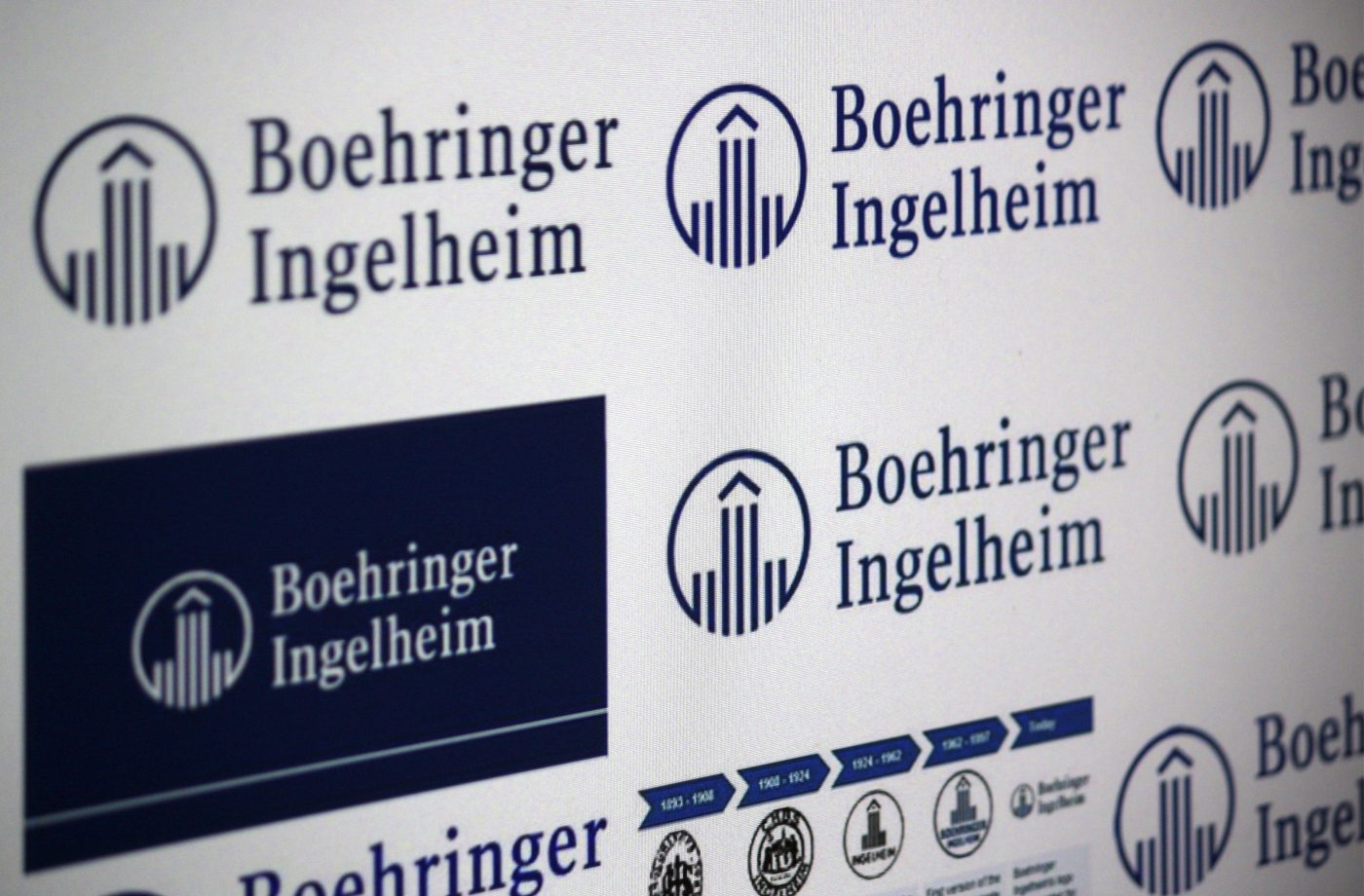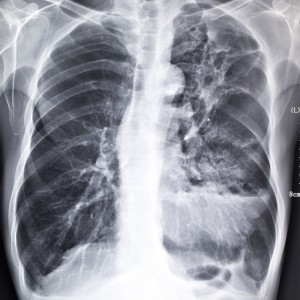Boehringer Ingelheim Researcher Publishes Review on Rules and Requirements for Rare Lung Diseases Clinical Trials

 Dr. Thomas Kuerner at Nippon Boehringer Ingelheim Co., Ltd. in Japan published a review regarding the critical rules and requirements for global clinical trials in rare lung diseases such as pulmonary fibrosis from a sponsor’s perspective. The review was published in the journal Respiratory Investigation and is entitled “Essential rules and requirements for global clinical trials in rare lung diseases: A sponsor׳s standpoint.”
Dr. Thomas Kuerner at Nippon Boehringer Ingelheim Co., Ltd. in Japan published a review regarding the critical rules and requirements for global clinical trials in rare lung diseases such as pulmonary fibrosis from a sponsor’s perspective. The review was published in the journal Respiratory Investigation and is entitled “Essential rules and requirements for global clinical trials in rare lung diseases: A sponsor׳s standpoint.”
Clinical trials costs can represent more than half of the expenses that pharmaceutical companies have in their research and development (R&D) projects. Clinical trials for new therapies for rare diseases are even more difficult to be conducted by companies, mainly because of patient recruitment. In these situations, conducting global clinical trials can be advantageous as they offer the possibility of recruiting more patients in a reasonable timeframe. In addition, global clinical trials generate data that theoretically can be applied to different study centers and countries, easing the drug development process and possible approval by the different national entities. Still, an optimal clinical trial plan, based on a single universal protocol, and coordination between those involved is essential.
Boehringer Ingelheim has been involved in the development of global clinical trials of drugs for respiratory diseases such as chronic obstructive pulmonary disease (COPD). According to the author, however, there is a serious doubt whether multi-national trials would be successful in the field of rare lung diseases. As an example, the use of interferon (IFN)-gamma for the treatment of idiopathic pulmonary fibrosis (IPF), a severe and progressive disease that affects the lungs causing a permanent loss of lung tissue and impairment in oxygen transfer, has shown to be an effective therapy in several small clinical trials, but these results were not mimicked when it was tested in a large-scale multinational phase III study.
[adrotate group=”3″]
Dr. Kuerner believes that as a sponsor responsible for setting up a clinical trial, several fundamental questions need to be addressed first before implementing the study. Basic rules and requirements need to be established such as a detailed definition of the study population, equivalent standard patient care methods across the different centers involved in the trial, the use of specific study endpoints that are not biased by cultural gaps, and expert management of the trial.
The author believes that in the particular case of global clinical trial studies of rare lung diseases such as IPF, it is necessary to first establish a global advisory board of experts to define the proper diagnosis and management of the disease, to elaborate a universal global standard protocol to be followed by all involved, and to define eligibility criteria and objective study endpoints based on scientific evidence. Study sites should be in accordance with International Conference on Harmonization (ICH) and Good Clinical Practice (GCP) guidelines and also the sponsor’s rules. To ensure quality standards, training courses for medical and technical trial staff at the study sites might have to be implemented. An independent data monitoring committee is also required to ensure protection of patient rights and safety.
Boehringer Ingelheim has recently finished a large-scale global clinical trial for IPF therapy with nintedanib – INPULSIS™, having enrolled 1066 patients from 24 countries within a relatively short timeframe. Due to careful planning before implementation and precise management guidelines, this trial has successfully met the standards and requirements of an international, cross-cultural study.






